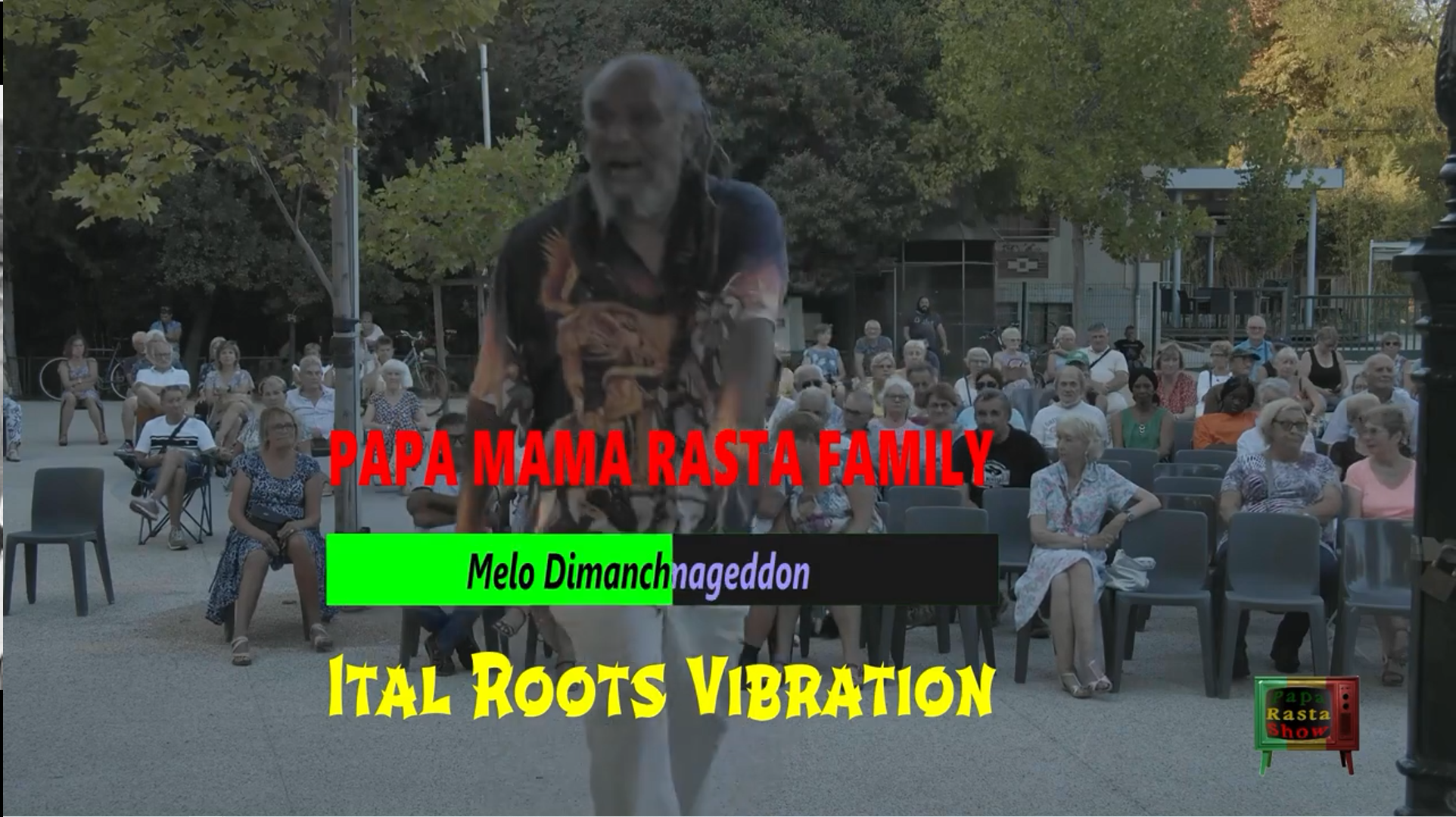Table of Contents
Rastafarianism is a religious and cultural movement that originated in Jamaica in the 1930s. It has gained worldwide recognition and has a significant impact on the music industry. Rastafari music, also known as reggae music, not only entertains but also serves as a means to spread the teachings and principles of Rastafarianism. In this article, we will explore the basic teachings of Rastafarianism and how they are conveyed through Rastafari music.
Rastafarianism: A Brief Overview
Rastafarianism is a monotheistic religion that reveres Emperor Haile Selassie I of Ethiopia as the Messiah. It emphasizes the belief in the divinity of Emperor Selassie and the rejection of Babylon (the corrupt and oppressive system). Rastafarians seek to liberate themselves from the mental and physical bondage imposed by the Babylonian society.
The Connection Between Rastafarianism and Music
Music has always played a crucial role in Rastafarianism. It is considered a powerful tool for communication, spiritual enlightenment, and social awakening. Rastafarian musicians use their lyrics and melodies to convey the core principles and teachings of the movement.
One Love and Unity
One of the foundational teachings of Rastafarianism is the concept of “One Love” and unity among humanity. This principle is beautifully depicted in songs like Bob Marley’s “One Love” and “Get Up, Stand Up.” The lyrics emphasize the need for everyone to come together despite differences in race, religion, or social status. Rastafari music promotes the idea that love and unity are the keys to overcoming the Babylon system and creating a just and harmonious world.
African Diaspora and Repatriation
Rastafarianism promotes the repatriation of African descendants to Africa, considering it their ancestral homeland. Many songs in the reggae genre address this idea, encouraging people of African descent to reconnect with their roots and reclaim their African heritage. “Africa Unite” by Bob Marley and “Africa” by Peter Tosh are prime examples of songs that promote the repatriation message.
Biblical References and Haile Selassie
Rastafarians hold the Bible, particularly the Old Testament, as a sacred text. They interpret biblical prophecies and find references to Selassie throughout the scriptures. Rastafarian music often incorporates biblical verses and references, emphasizing the teachings of the Old Testament and connecting them to the divinity of Emperor Selassie. Artists like Burning Spear and Culture have composed songs like “Jah No Dead” and “Two Sevens Clash,” which draw heavily on biblical teachings.
Spirituality and Meditation
Rastafarianism places great importance on spirituality and meditation as a means to connect with Jah (God). Rastafari music frequently incorporates repetitive chanting and melodic rhythms to create a meditative and transcendent experience. Through songs like “Rastaman Chant” by Bob Marley and “Mystic Man” by Peter Tosh, Rastafarian musicians invite the listeners to embark on a spiritual journey and find inner peace through meditation and connection with Jah.
Environmentalism and Natural Living
Rastafarians advocate for environmentalism and natural living. Their belief in the sanctity of nature is reflected in songs that promote the preservation of the Earth and sustainable living. Artists like Third World and Ziggy Marley have composed songs such as “96 Degrees in the Shade” and “True to Myself,” which highlight the need to protect the environment and live in harmony with nature.
Conclusion
Rastafarianism uses Rastafari music as a powerful medium to spread its teachings and principles to a global audience. Through reggae music, Rastafarians convey messages of love, unity, repatriation, spirituality, environmentalism, and more. It serves as a vehicle for social change, enlightenment, and inspiration for generations to come. So next time you listen to a reggae song, take a moment to truly understand and appreciate the basic teachings of Rastafarianism encapsulated within the lyrics and melodies.
Be sure to check out Rastafarian clothing from Fifth Degree!






Leave a comment
Your email address will not be published. Required fields are marked *